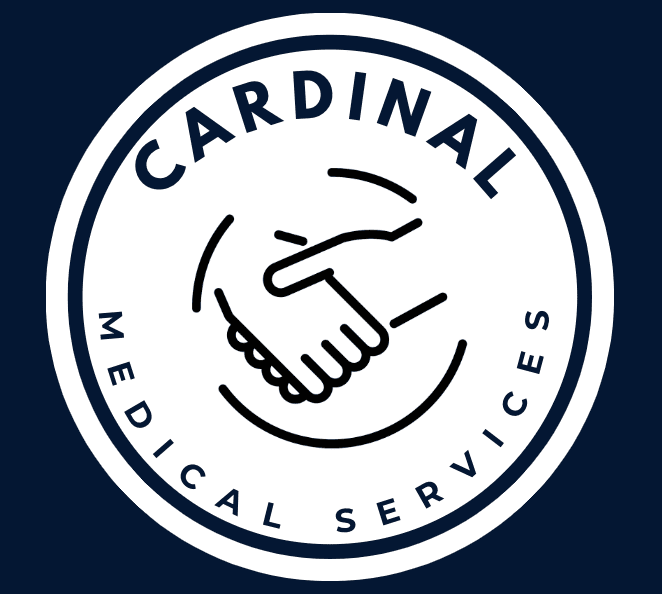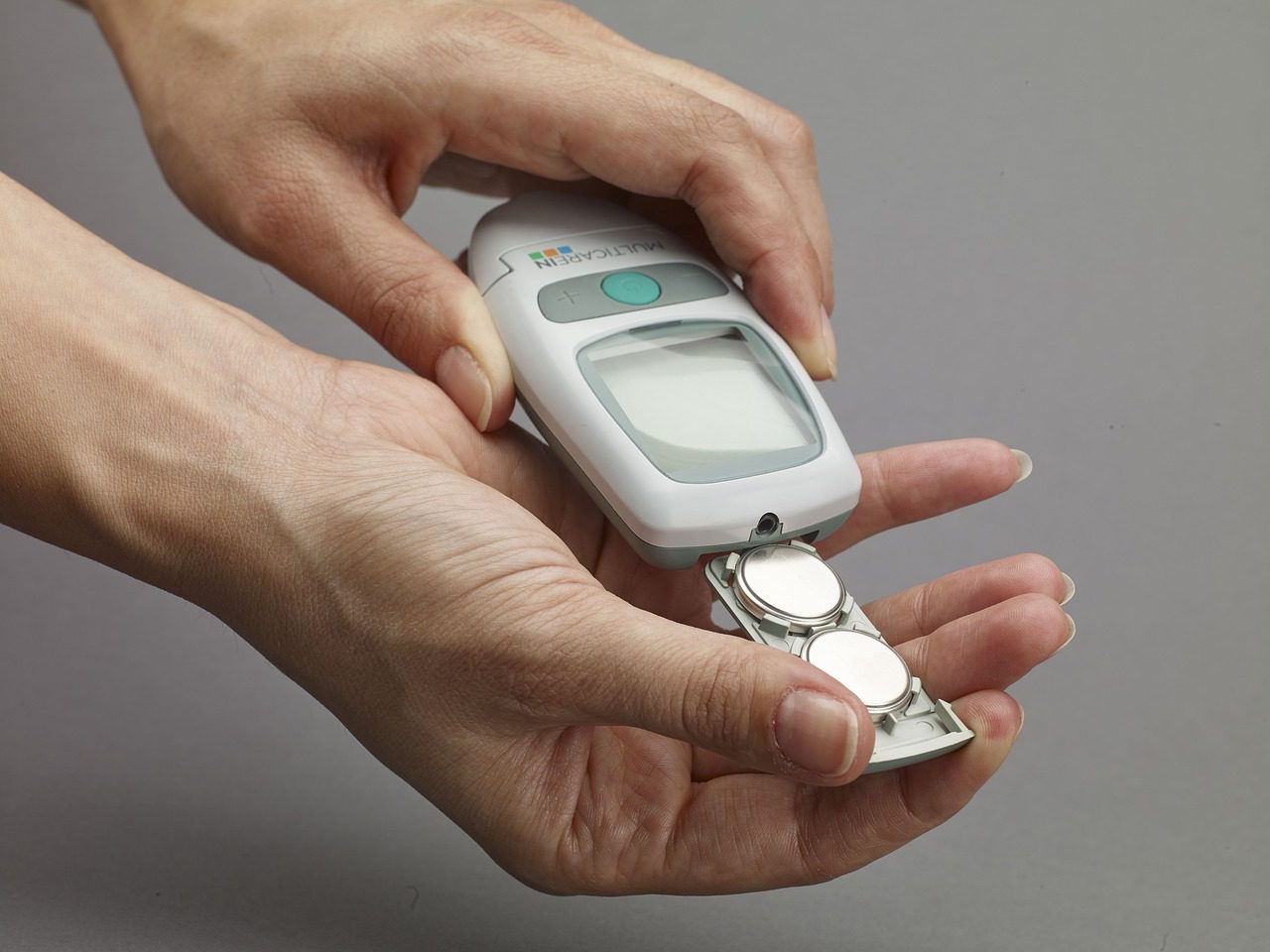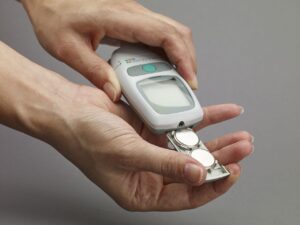
Top 10 Medical Assist Device Apps Used in Catastrophic Life Care Plans

Catastrophic injuries or chronic conditions often require complex, long-term care, supported by various medical assistive devices. These devices—whether managing diabetes, monitoring cardiac health, or aiding with communication and mobility—play a pivotal role in ensuring that patients maintain an optimal quality of life. In life care planning, integrating technology and mobile apps into the management of these devices ensures continuous monitoring, timely interventions, and improved communication between patients, caregivers, and medical professionals. Below, we highlight 10 essential apps commonly used with medical assistive devices in catastrophic life care plans, providing a crucial layer of support for patients and their healthcare teams.
1. Medtronic CareLink™ Mobile App
The Medtronic CareLink™ mobile app is indispensable for patients using Medtronic devices such as pacemakers, insulin pumps, and neurostimulators. For patients with catastrophic injuries or chronic conditions like cardiac issues or diabetes, the app provides real-time monitoring of their device’s performance, ensuring continuous care and prompt interventions.
- Key Features:
- Real-time data from cardiac or diabetes-related devices.
- Secure data sharing with healthcare providers for remote monitoring.
- Alerts for potential device malfunctions or battery issues.
- Supports long-term management of cardiac and diabetic conditions.
In life care planning, Medtronic CareLink™ is often used for patients with heart or diabetes-related complications that require precise monitoring.
2. Dexcom G6 Mobile App
The Dexcom G6 mobile app works in tandem with the Dexcom Continuous Glucose Monitoring (CGM) system, a device frequently included in life care plans for individuals with catastrophic injuries or chronic conditions leading to diabetes.
- Key Features:
- Provides continuous glucose monitoring with updates every 5 minutes.
- Alerts for high or low blood sugar, enabling quick action.
- Allows for easy sharing of glucose data with healthcare providers, caregivers, and family.
- Compatible with insulin pumps, creating a seamless diabetes management solution.
For patients requiring intensive diabetes management due to their catastrophic condition, the Dexcom G6 app offers comprehensive, real-time data and proactive alerts that help prevent life-threatening complications.
3. Tidepool Mobile
Tidepool Mobile is a diabetes management app that integrates data from multiple devices, including insulin pumps, continuous glucose monitors, and blood glucose meters. It’s commonly included in life care plans for patients who require meticulous blood sugar control due to catastrophic injuries or conditions.
- Key Features:
- Centralizes data from various diabetes-related devices.
- Tracks blood sugar patterns, insulin usage, and meals.
- Secure sharing with healthcare providers for remote monitoring.
- Offers detailed analytics and insights for better diabetes management.
Tidepool helps patients and caregivers monitor blood sugar and insulin needs, which is critical for individuals managing diabetes alongside other serious health issues.
4. Oticon ON
Oticon ON is a companion app for Oticon hearing aids, which are often used by individuals suffering from catastrophic injuries that affect hearing. The app allows users to control their hearing aids and track their hearing health.
- Key Features:
- Adjusts hearing aid settings and volume levels remotely.
- Monitors battery levels and provides “find my hearing aid” functionality.
- Integrates with smart home devices for better ease of use.
- Features Oticon’s HearingFitness™ for tracking hearing health over time.
For patients with hearing impairments, the Oticon ON app allows them to manage their devices more effectively, improving communication and daily life management in a long-term care setting.
5. Proloquo2Go
Proloquo2Go is an augmentative and alternative communication (AAC) app that is designed for individuals who have difficulty speaking due to injuries or neurological conditions. It’s particularly beneficial for patients with catastrophic brain injuries or degenerative diseases.
- Key Features:
- Provides customizable communication tools for non-verbal individuals.
- Includes symbols and text-to-speech features to facilitate communication.
- Tailored to individual needs with a vast vocabulary library and language options.
- Allows caregivers to easily update and modify communication tools.
In life care plans for individuals with severe communication impairments, Proloquo2Go provides a vital bridge, enabling patients to communicate their needs, thoughts, and emotions effectively.
6. Cochlear Nucleus Smart App
The Cochlear Nucleus Smart App is designed for individuals using cochlear implants to manage their hearing health. The app is an integral part of life care plans for patients who require cochlear implants after catastrophic injuries or medical conditions that lead to profound hearing loss.
- Key Features:
- Adjusts implant settings and volume via smartphone.
- Tracks hearing performance, including time spent in different environments.
- Provides battery status updates and device troubleshooting.
- Allows for direct streaming from smartphones to implants.
For individuals who have experienced hearing loss due to catastrophic injury, the Cochlear Nucleus Smart App offers seamless integration with their cochlear implants, ensuring improved hearing and quality of life.
7. MyoPro Motion G App
The MyoPro Motion G app is a companion to the MyoPro powered arm brace, used by patients with neuromuscular conditions resulting from catastrophic injuries like strokes or spinal cord damage. This app helps users control and track the performance of the MyoPro device.
- Key Features:
- Monitors the performance of the MyoPro device in real-time.
- Tracks usage patterns and movement improvements over time.
- Allows therapists to adjust settings remotely.
- Provides users with daily activity reports and progress tracking.
For individuals with limited arm mobility, MyoPro and its companion app are essential tools in both rehabilitation and long-term care, promoting independence and improved function.
8. ReWalk Personal 6.0 App
The ReWalk Personal 6.0 app supports the ReWalk exoskeleton, a device used by individuals with spinal cord injuries to stand, walk, and move with assistance. It’s often part of life care plans for individuals with paralysis or mobility impairments.
- Key Features:
- Monitors walking performance and records activity data.
- Allows users to adjust settings based on their mobility goals.
- Offers remote support for troubleshooting and assistance.
- Tracks progress in rehabilitation and mobility improvement.
For patients with spinal cord injuries, the ReWalk app ensures that the device is optimized for use, helping them regain mobility and independence.
9. Bioness Integrated Therapy System (BITS)
The Bioness Integrated Therapy System (BITS) app is used in conjunction with Bioness devices, which assist with neuromuscular rehabilitation. It’s widely used in life care plans for patients recovering from strokes or traumatic brain injuries.
- Key Features:
- Tracks and monitors neuromuscular stimulation and rehabilitation progress.
- Provides detailed reports on muscle activity and recovery.
- Customizes therapy programs based on individual patient needs.
- Integrates data from multiple rehabilitation devices.
BITS supports the recovery of motor function and is a critical app for individuals in the rehabilitation phase of their catastrophic injury care.
10. Spinal Cord Injury Exercise and Wellness App
The Spinal Cord Injury Exercise and Wellness App is specifically designed for individuals with spinal cord injuries, helping them manage their rehabilitation and wellness activities. This app often becomes part of life care plans for individuals needing long-term physical therapy.
- Key Features:
- Provides guided exercises tailored to spinal cord injury recovery.
- Tracks wellness metrics like strength, flexibility, and mobility.
- Offers video demonstrations and customizable workout plans.
- Integrates with assistive devices like standing frames or exoskeletons.
For patients with spinal cord injuries, this app plays a crucial role in maintaining their physical health and tracking their progress over time.
Bringing it all together...
Incorporating medical assistive device apps into life care plans for catastrophic injuries or chronic conditions is vital for ensuring effective, continuous care. These apps not only monitor device performance but also provide real-time data and insights, facilitating better communication between patients, caregivers, and medical professionals. From managing diabetes to enabling mobility, these 10 apps are indispensable tools in delivering personalized and comprehensive care for individuals facing long-term health challenges. By leveraging these technologies, life care planners can help patients achieve better outcomes and improve their quality of life.
P.S. If you want to discuss any case with Dr. Lawler directly, please feel free to call or text, 619-241-4942, or click here to setup an appointment time.
Share This Post On:
Recent Posts
© 2025 Cardinal Medical Services, Inc. All rights reserved.









